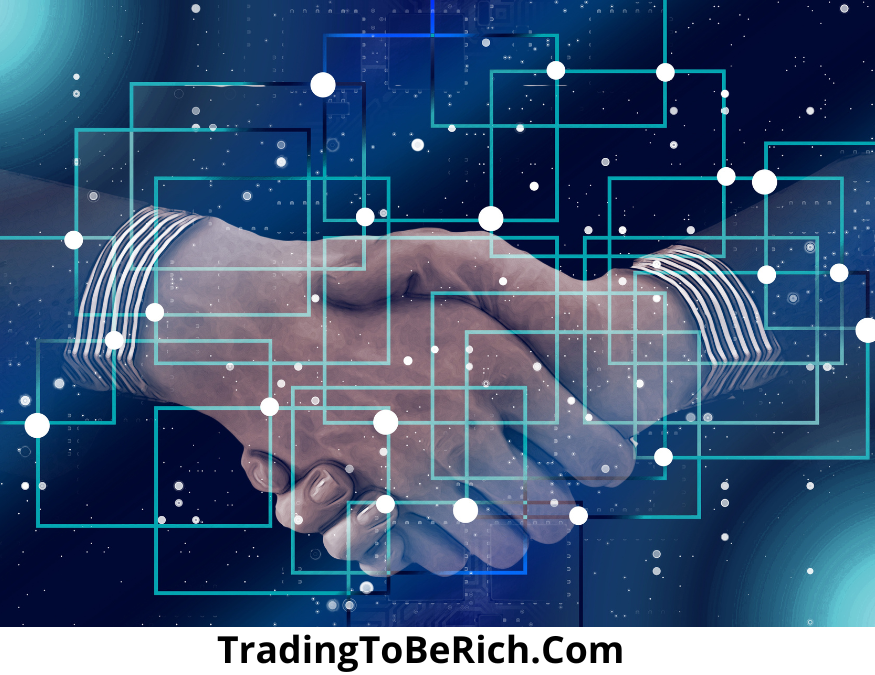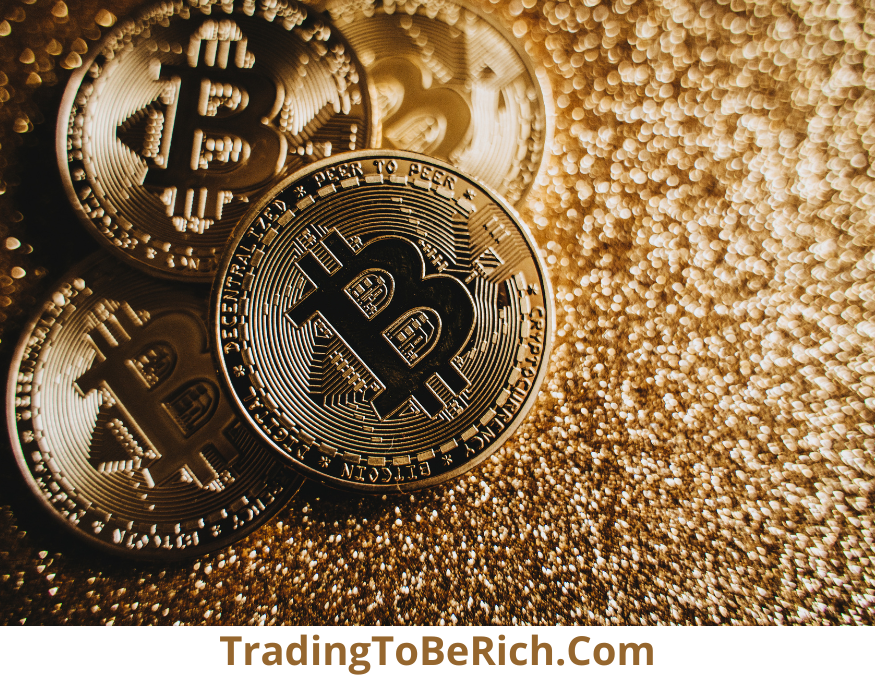Why Defi ? Is Decentralized Finance the Future of Finance ?
Decentralized finance, or DeFi, is revolutionizing the way we think about money and financial services. But why is decentralized finance the future of finance?
Let’s dive into the benefits, security, and potential impact of DeFi.
Table of Contents
- What is Decentralized Finance?
- Benefits of Decentralized Finance
- Security and Trust in Decentralized Finance
- Potential Impact on the Financial World
- FAQ
What is Decentralized Finance?

Decentralized finance, or DeFi, refers to a financial system that operates on a blockchain network. Unlike traditional finance, which relies on intermediaries like banks and brokers, DeFi uses smart contracts and cryptocurrencies to facilitate financial transactions. This means that users have more control over their money and can access financial services without the need for a central authority.
Key Features of Decentralized Finance
- Decentralization: DeFi operates on a decentralized network, meaning no single entity controls the system.
- Smart Contracts: These are self-executing contracts with the terms directly written into code.
- Cryptocurrencies: DeFi uses cryptocurrencies like Bitcoin and Ethereum to facilitate transactions.
- Open Access: Anyone with an internet connection can access DeFi services.
Benefits of Decentralized Finance
Decentralized finance offers several benefits that make it an attractive alternative to traditional finance. Let’s explore some of the key advantages:
Accessibility
One of the biggest advantages of DeFi is its accessibility. Traditional financial services often require a bank account, credit history, or other forms of identification. DeFi, on the other hand, can be accessed by anyone with an internet connection and a digital wallet. This makes financial services more inclusive and accessible to people around the world.
Cost-Effectiveness
DeFi eliminates the need for intermediaries, which can significantly reduce transaction fees. For example, traditional bank transfers often come with high fees, while DeFi transactions can be completed for a fraction of the cost. Additionally, DeFi platforms often offer lower interest rates on loans and higher returns on investments.
Transparency
Decentralized finance operates on a blockchain, which is a transparent and immutable ledger. This means that all transactions are publicly visible and cannot be altered. This transparency helps to build trust and reduce the risk of fraud.
Security and Trust in Decentralized Finance

Security is a critical concern in any financial system. How does decentralized finance address these issues?
Blockchain Technology
The blockchain technology underlying DeFi provides a high level of security. Each transaction is verified by a network of nodes, making it nearly impossible to alter or hack. Additionally, the decentralized nature of the network means that there is no single point of failure.
Smart Contracts
Smart contracts are self-executing contracts with the terms directly written into code. This means that once the conditions of the contract are met, the transaction is automatically executed. This reduces the risk of human error and fraud.
Community Governance
Many DeFi platforms operate on a community governance model, where decisions are made by the community rather than a central authority. This ensures that the platform is aligned with the interests of its users and helps to prevent corruption and mismanagement.
Potential Impact of DeFi on the Financial World

Decentralized finance has the potential to disrupt the traditional financial system in several ways. Let’s explore some of the key impacts:
Financial Inclusion
DeFi has the potential to bring financial services to the unbanked and underbanked populations. By eliminating the need for intermediaries and reducing transaction fees, DeFi can make financial services more accessible and affordable.
Efficiency
Decentralized finance can significantly improve the efficiency of financial transactions. Smart contracts and blockchain technology can automate many processes, reducing the need for manual intervention and speeding up transactions.
Innovation
DeFi is fostering innovation in the financial world. New financial products and services are being developed on a daily basis, from decentralized exchanges to decentralized insurance. This innovation is driving growth and creating new opportunities for investors and entrepreneurs.
FAQ : The benefits of Decentralized Finance
What is the total value locked (TVL) in DeFi?
As of 2023, the total value locked (TVL) in DeFi has surpassed $100 billion, according to DeFi Pulse. This figure represents the total amount of assets held in DeFi protocols, highlighting the growing adoption and trust in the ecosystem.
How many users are there in the DeFi ecosystem?
According to DappRadar, there are over 2 million unique users interacting with DeFi platforms, demonstrating the widespread adoption and engagement within the DeFi community.
What are the top DeFi platforms?
Some of the top DeFi platforms include Uniswap, Aave, Compound, and MakerDAO. These platforms offer a range of financial services, from decentralized exchanges to lending and borrowing platforms.
Is DeFi safe?
DeFi platforms are generally considered safe due to the use of blockchain technology and smart contracts. However, as with any financial system, there are risks involved, such as smart contract vulnerabilities and market volatility. It’s important to do your own research and use reputable platforms.
What is the future of DeFi?
The future of DeFi looks bright, with continued growth and innovation expected. As more institutions and individuals adopt DeFi, we can expect to see increased liquidity, lower fees, and a wider range of financial services. Additionally, regulatory developments and technological advancements will play a significant role in shaping the future of DeFi.

